Fraud is something that can catch anyone off guard, even the wealthy. After all, scammers are getting smarter, and that means everyone needs to be on their toes. Here are 19 practical and easy-to-follow tips that’ll help you avoid scams so you can keep your money in your pocket.
Recognize Phishing Emails
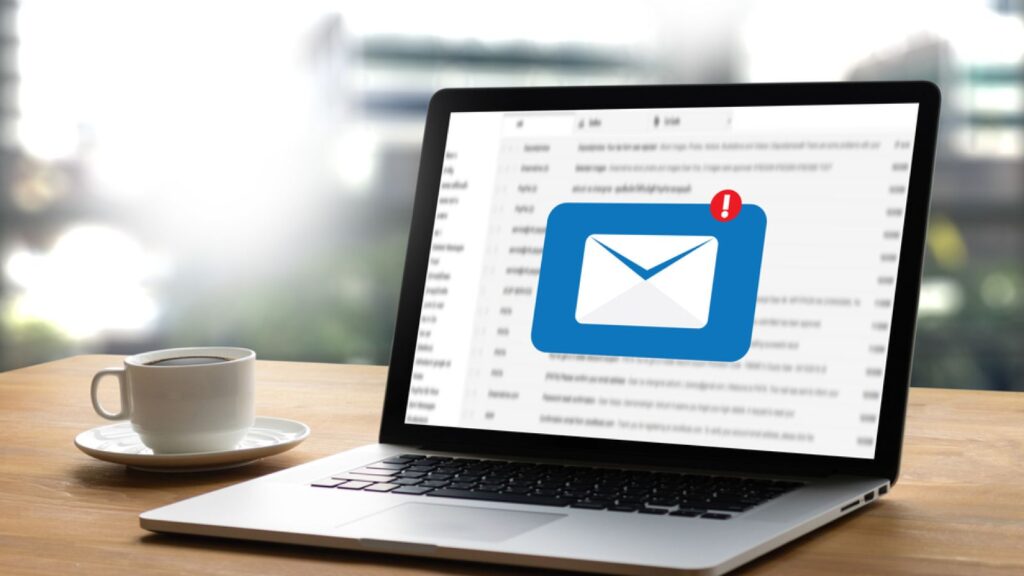
Phishing emails look like they’re from a real source, but they’re actually trying to steal your info. Spam filters can’t catch them all. Always double-check the sender’s email address, and don’t click on suspicious links that you don’t recognize. If an email seems dodgy, contact the company directly using a phone number or an email you can trust.
Monitor Bank Statements
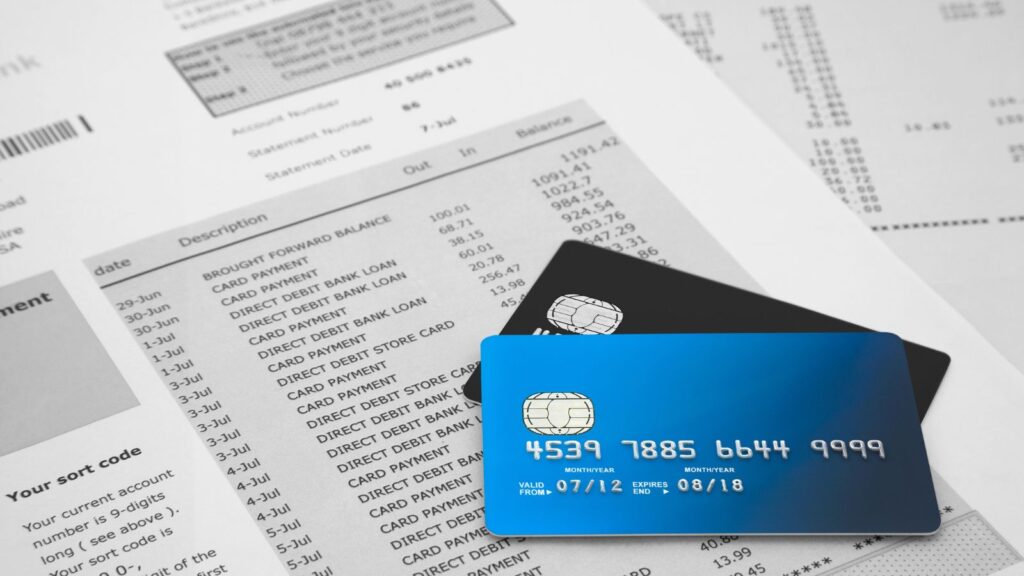
Keep an eye on your bank statements regularly because it’s easy to miss unauthorized transactions if you’re not looking. Rich people often have multiple accounts, which means you need to check each one carefully. If you spot anything weird, call your bank immediately, as finding them early can save you a lot of headaches and money.
Check Your Credit Report
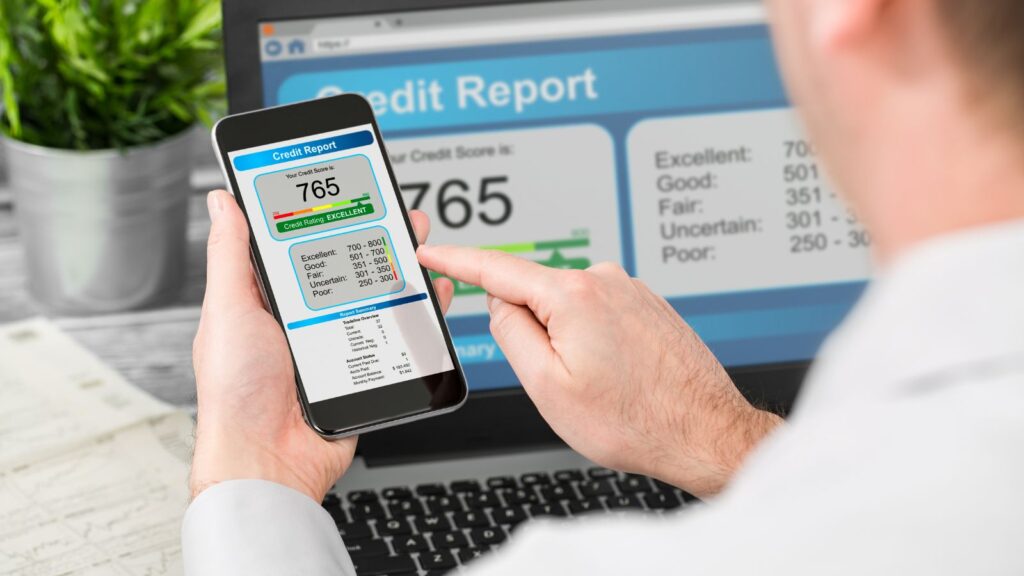
Similarly, regularly checking your credit report can help you spot any unauthorized accounts or activity. You can get a free report from Equifax, Experian, and TransUnion annually. If you see something suspicious, report it immediately and perhaps place a fraud alert or credit freeze on your file.
Secure Your Online Accounts
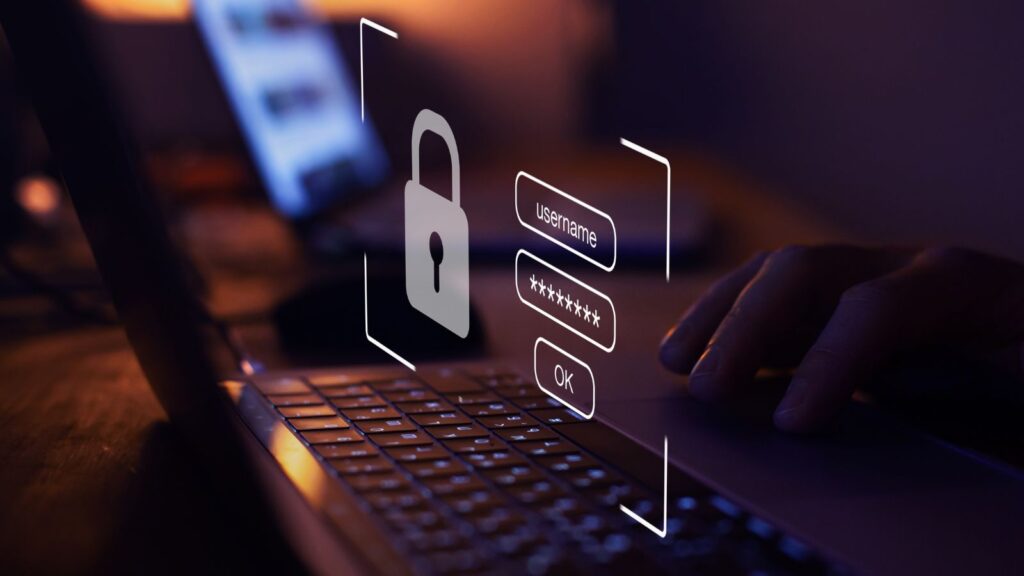
Use strong and unique passwords for all your online accounts, and don’t forget to turn on two-factor authentication for extra security. This way, even if someone gets your password, they’ll need a second form of ID to access your account. You can also use a password manager to keep track of your passwords.
Shred Sensitive Documents
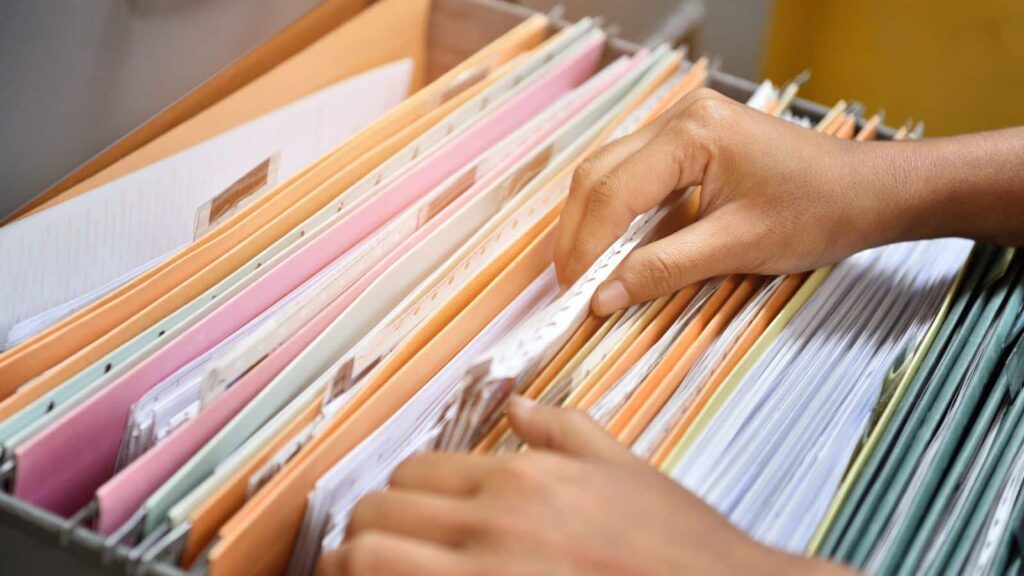
Paper documents are still an easy way for scammers to get your details, so shred anything with personal information before throwing it out. This includes bank statements and even those annoying credit card offers. A good shredder doesn’t cost a lot of money, and it can save you from some big trouble.
Avoid Public WiFi for Transactions

As convenient as public WiFi is, it’s not safe for financial transactions. You should always avoid accessing your bank accounts or making purchases when connected to public WiFi networks because scammers can hack into your account. If you have to use it, you may want to use a virtual private network (VPN) to encrypt your data and keep it safe from prying eyes.
Secure Your Home Network

Likewise, your home WiFi network needs to be secure, with a strong password that you change regularly. Make sure you turn on network encryption and turn off any remote access features if you don’t need them. This way, it’s a lot harder for hackers to get into your network and access your devices.
Be Wary of Investment Opportunities

High returns with little risk sound too good to be true, and that’s because it usually is. You should be careful of any unsolicited investment offers, especially those that promise guaranteed returns. Do your research and speak with a trusted financial advisor because it’s better to miss out on a potential gain than to lose everything to a scam.
Use Encrypted Communications

You should always make sure that any messaging apps or file-sharing services you use are encrypted, such as Signal or WhatsApp. These have end-to-end encryption that makes it much harder for hackers to access your personal information. For emails, you can use ProtonMail for some extra security.
Regularly Update Software

Keep your software up-to-date to protect yourself against the latest threats, including your operating system or apps. New updates often include security patches that fix vulnerabilities in the systems. If you can, set your devices to update automatically so you’ll never have to worry about it.
Check Charities

Before donating to a charity, make sure it’s legitimate because scammers love to prey on people’s generosity. Just take a few minutes to use resources like Charity Navigator or the Better Business Bureau’s Wise Giving Alliance, so you know your money’s going to a good cause and not into a scammer’s pocket. It’s better for everybody.
Secure Physical Mail

Fraudsters can steal your mail to obtain your personal information. To keep your mail safe, you should use a locked mailbox or a PO Box or even switch to electronic statements and communication. If you’re expecting sensitive documents, make sure you’re home to receive them or have them sent to a secure location.
Be Cautious with Social Media

Oversharing on social media can make you a target for fraud, as details about how much money you have or your travel plans are ammo for a scammer. They can piece together bits of information to con you. You should regularly check your privacy settings to make sure you’re not sharing more than you should, and be careful about who you accept as friends or followers.
Identity Theft Protection
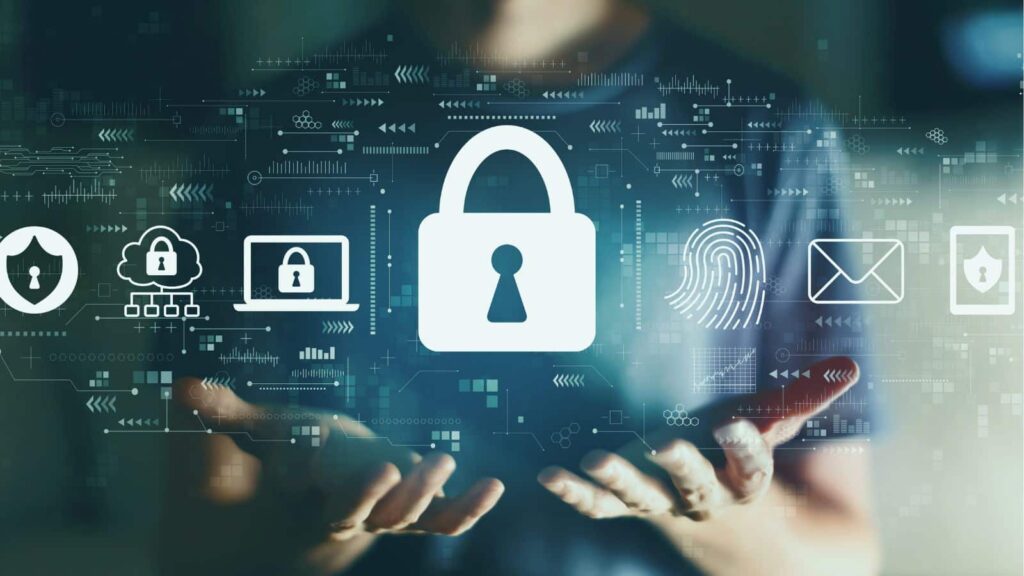
You may want to sign up for an identity theft protection service, as these services will keep track of your personal information and alert you to potential fraud. They’ll also help you if your identity is stolen, and some even have insurance to cover potential losses and legal fees. It’s an extra bit of defense that could seriously help you out.
Understand Tax Fraud
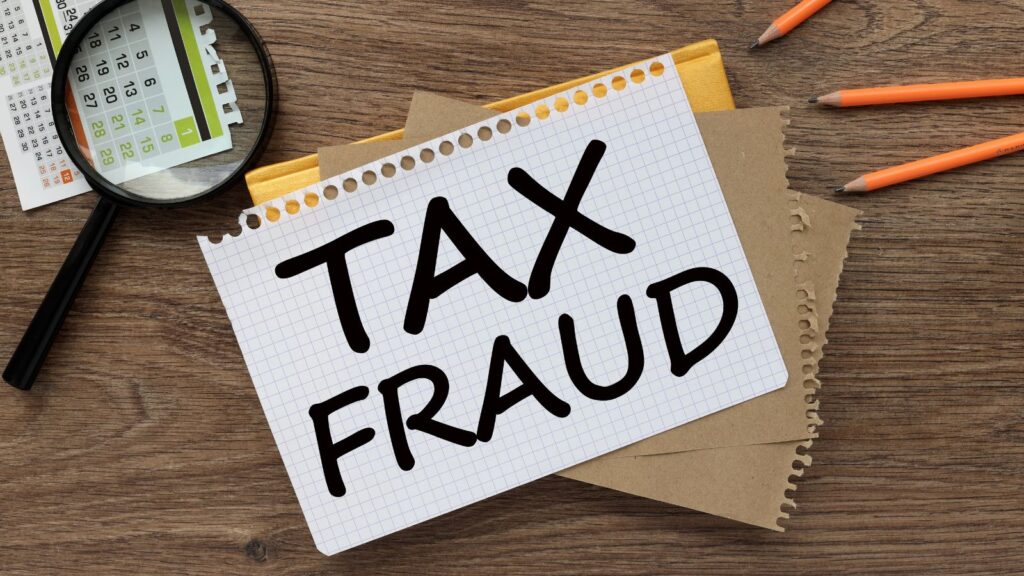
Rich people, in particular, are prime targets for tax fraud, so be careful who you share your tax information with. You may want to get a certified public accountant (CPA), so you know your taxes are handled properly, and they can also keep an eye on any suspicious activity. You should also always mail your tax documents securely and never email sensitive tax information.
Be Careful with Public Information
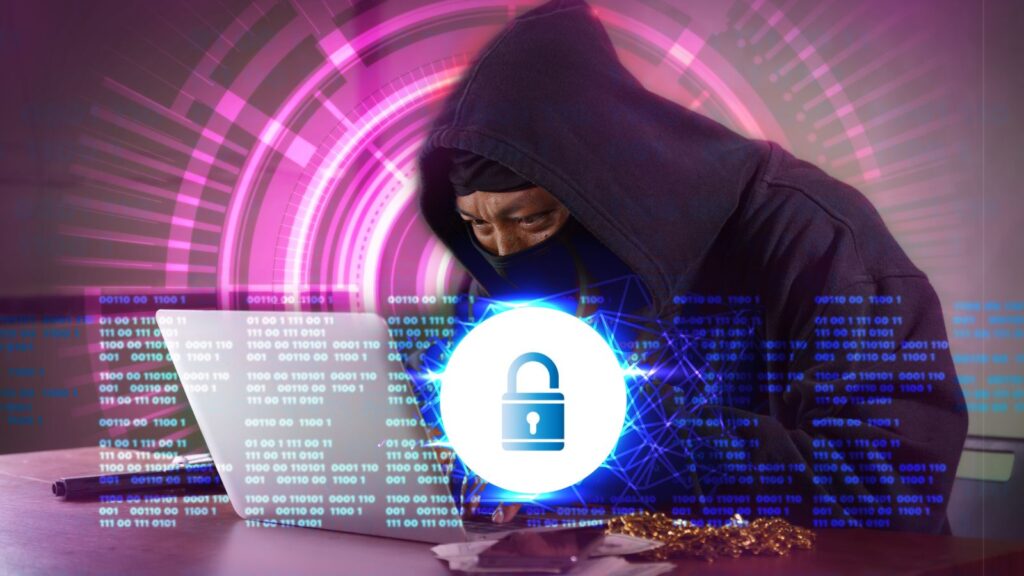
It’s easier than you think to find personal information about people online, like home addresses and phone numbers, which scammers can use. Unless you absolutely trust the site, you should opt out of any data marketing and consider using data removal services. You can try regularly searching your name online to see what information’s out there and take it down.
Use Secure Payment Methods
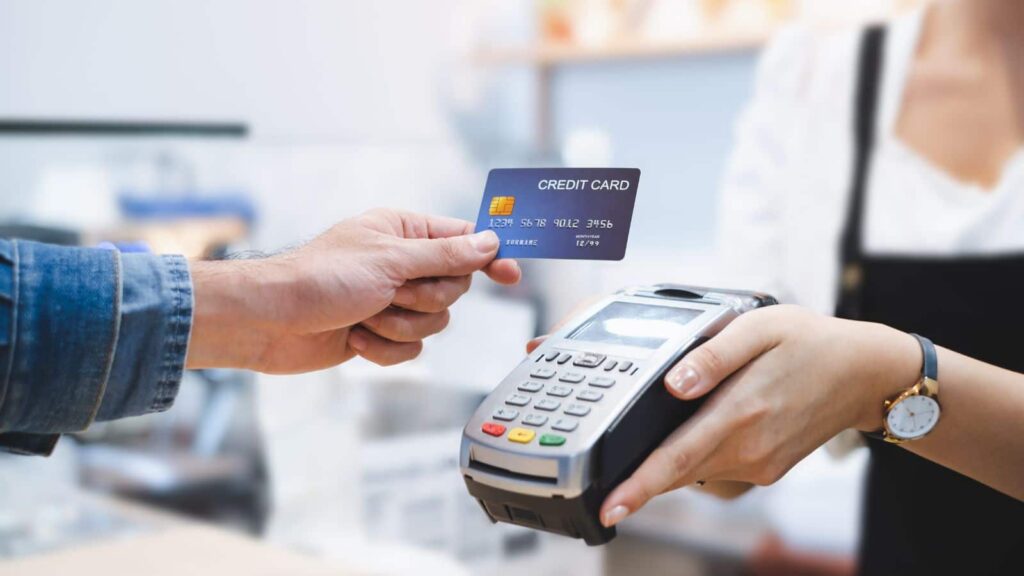
Whenever you buy something, especially online, use credit cards instead of debit cards, as they have better fraud protection and don’t directly access your bank account. Virtual credit card numbers can make things even safer because they’ll hide your real card number. Plus, if you are a fraud victim, you’ll have a whole month to report the charges.
Check Requests for Money
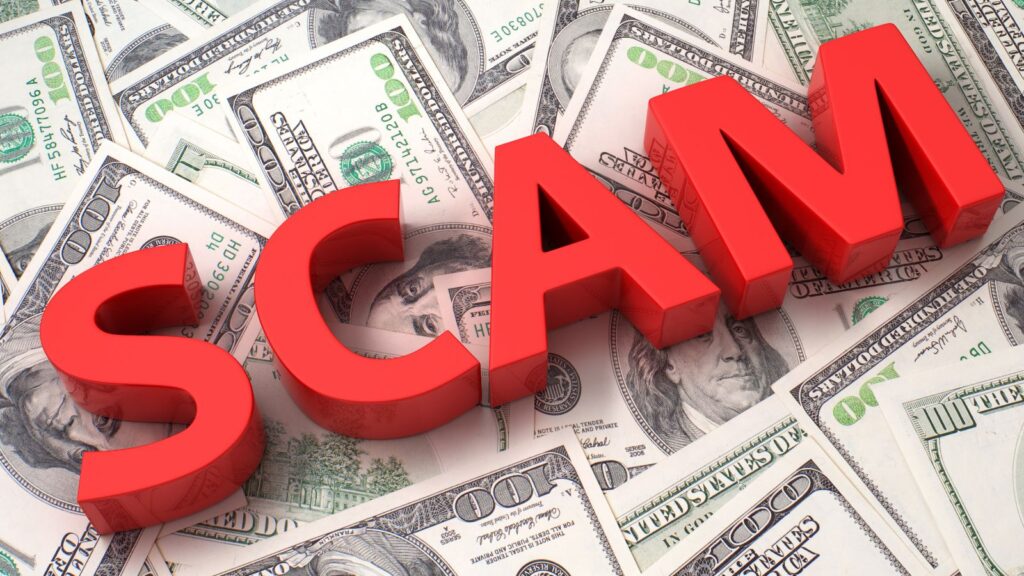
Scammers often pretend to be friends or family, and they’ll contact you, pretending to need money. Before sending anything, ring the person yourself or speak to them in person to make sure it’s really them. It might take a bit more time, but it’s worth it to make sure you’re actually helping someone you care about.
Stay Informed About New Scams

Scammers are always coming up with new ways to get their hands on your money, so you should stay informed about their latest tactics. Follow things like the Federal Trade Commission (FTC) or your bank to help you recognize and avoid new threats before they become a problem. When in doubt, knowledge is your best weapon.
19 Grim Realities of Dating After 50 That Are Often Overlooked

19 Grim Realities of Dating After 50 That Are Often Overlooked
26 Things That Will Be Extinct Because Millennials Refuse to Buy Them

26 Things That Will Be Extinct Because Millennials Refuse to Buy Them
24 Outdated Slang Terms You Absolutely Shouldn’t Be Using Anymore

24 Outdated Slang Terms You Absolutely Shouldn’t Be Using Anymore
25 Hardest Parts About Getting Older That No One Ever Talks About

25 Hardest Parts About Getting Older That No One Ever Talks About






